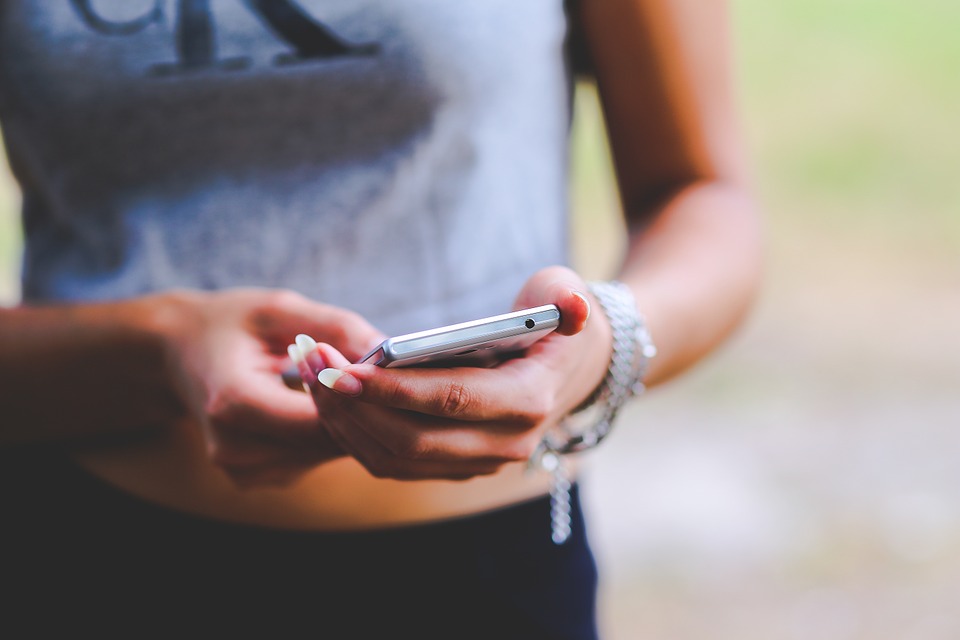When I sit down to write a Behind Closed Doors article, my goal is always to discuss something that I have, in some way or another, personally experienced. Whether it’s an extension of a conversation I’ve had with my friends, or something I feel like we all can relate to, I’m here to talk about the realities college students are experiencing but might not be openly discussing. And last week, a friend of mine had an experience that was not only something I think we are familiar with in one way or another, but that was also incredibly upsetting.
This friend, like so many of us here at the College of William and Mary, uses Tinder. I’ve had my fair share of awkward encounters on the dating app, but this conversation she had seriously takes the cake. Not only was she asked if she, as a person of color, only got into the College because of affirmative action, she was told — and I quote — “Go back to your s*** country where you worship rats and feed them before children.” I will say this kind of blatant racism doesn’t shock me anymore. But it did get me thinking about why an app aimed at building relationships is used instead as a forum for promoting racism, sexism, homophobia, transphobia — the list goes on.
The obvious answer is that technology has given us the ability to hide behind screens. We can send messages and post our thoughts without any immediate consequence. So sending a message detailing the graphic and disturbing sexual acts you want to do to someone seems harmless, right? Wrong. This is less true when it comes to the dating app that requires all users to connect to their Facebook accounts. And the truth is, these kind of statements don’t just occur when you swipe right to strangers.
Being a student here at the College, I make the trip up and down Richmond Road at least once a day. So do many of my friends and peers. On a weekly basis, one of us has a story about how some stranger on the street felt the need to compliment our backside as we picked up our fix of Wawa mac and cheese. At Sunday dinners, someone always seems to have an offensive pick up line that has been used on them to share.
We could probably all agree that these face-to-face examples are wrong. No one should have to walk home in fear of being harassed. We should all be able to go out on the weekends without having to field intrusive questions about our race and sexuality. But when it comes to your Tinder profile? I’m sure there are many of us out there that think the occasional message demanding sex isn’t just bearable, but expected because we’ve signed ourselves up for an application that is known to be only good for one thing: hooking up. Here’s the thing: it’s not okay. Whether I’m walking to my friend’s apartment on a Thursday night or on my phone before going to bed, harassment is still harassment. And no one — absolutely no one — should feel unsafe no matter the scenario.
Typically, I try to write columns that offer advice or share a fact or perspective you might not be aware of. Today this is all I have to offer: don’t send a racist message to that person you just matched with on the dating app you’ve just installed. Call out your friend for persistently telling a girl she’s pretty despite her race. Treat people like human beings no matter what they wear, how they identify or whom they sleep with. I promise it’s not that difficult.
Amidst the “hello’s,” smiley faces and invitations to Netflix and chill, I’ve personally amassed my own little collection of messages on Tinder that make me cringe. And while I may not have the courage to respond with a “Did you really just swipe right to throw racial slurs at me?” like my friend, I hope that you do.
Mallory W. is a Behind Closed Doors columnist who constantly deletes and re-installs her Tinder app.

